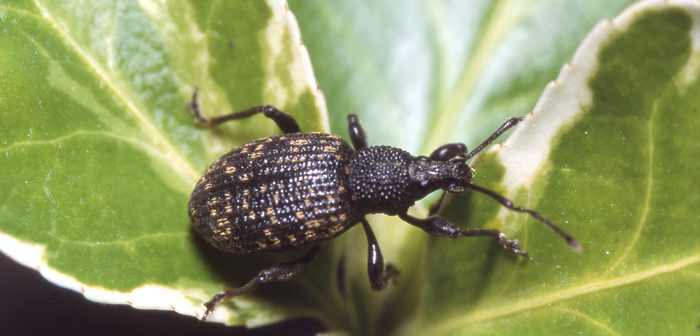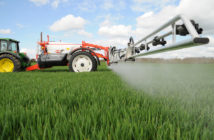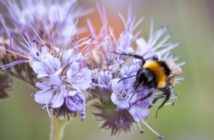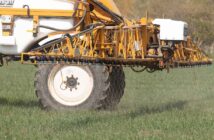Over the last few years BASF has invested heavily in their biological nematode factory in Littlehampton (UK), the location where the insect pathogenic nematodes Nemasys are produced. Because of further optimization of the production process, another new step has been made to improve nematode quality. For a number of nematode species, as from February onwards, the shelf life has been extended significantly from 8 weeks to 12 weeks. Extensive research has shown that the quality of the Nemasys nematodes with this extended shelf life stays at the same high level.
Nemasys L (Steinernemakraussei) is produced in the innovative state of the art production facility at Littlehampton. It has enjoyed the reputation of high quality and this extended shelf life adds to this. It provides better control of the damaging black vine weevil (Otiorhynchus sulcatus) at a wider range of temperatures including lower temperatures compared with other species of nematodes used to control this pest.
“Nemasys L is an insect-parasitic nematode that controls the immature stages of Black Vine Weevil in strawberries and other crops under a wide range of temperatures. Independent studies have shown that Nemasys L is the best and most consistent weevil product on the market. It is the only biological control that is effective at all times when the Black vine weevil larvae are active and feeding,” says Robert Storer, Business Development Manager for BASF Agricultural Specialities.
Black Vine Weevil is a devastating pest of many plants, particularly soft fruits, those in greenhouses and in nursery stock. It will feed on over 140 different plant species and in strawberries alone they are said to be responsible for losses of over £10 million each year. The adult feeds on the foliage producing characteristic notches, which is a problem in many species of nursery stock where cosmetic damage makes the plants unmarketable. “The larvae in the soil or growing medium cause the most economic damage, feeding on roots, leading to wilting or even death of the plant. Applied as a drench or through irrigation systems, Nemasys L controls the larvae rapidly and safely across a soil temperature range of 5 to 30ºC.” explains Aneeta Gupta, biological manager, BASF Agricultural Specialities.
She continues to explain that adult vine weevils are active from May through to October. “The female lays 500 eggs in soil or compost from July through to September. Eggs are 1mm across and difficult to see. The larvae hatch after 2 weeks and start feeding on plant roots. They pupate in late spring and emerge from June onwards.”
Nemasys L is applied using a standard spray applicator from February through to November when vine weevil larvae are present, soils are moist and soil temperatures are above 5ºC. Drench application is the preferred method of application particularly where crop canopies are dense.
New plant material being introduced into the nursery must be treated as it may contain vine weevil larvae. The beneficial nematodes in Nemasys L seek out vine weevil larvae and once inside release bacteria, killing the insect pests. The microscopic nematodes then reproduce inside the insect and release a new generation of infective juveniles that seek further larvae, providing long lasting effects. In addition to being effective at warm and low temperatures, Nemasys L has no resistance problems, no residue concerns, no non re-entry interval, no requirement for protective clothing and no disposal restrictions.”
Rob Storer for BASF notes that “undoubtedly there is increasing pressure for effective pest and disease control in specialist crops, particularly fruit crops, but there are more legislative and practical challenges for growers. We are looking for effective alternative options, both conventional and biological alone or in combination, to boost yield and protect quality in these speciality crops and Nemasys L does this. We aim to provide the top quality products to growers and the newly extended shelf life of our Nemsys range from 56 to 84 days strengthens this objective.




